Water Damage Inspection Fort Collins CO: 24/7 Help Readies Now

In unpredictable Fort Collins weather, Reliable Water Restoration at 2121 E Harmony Rd provides 24/7…….
In the bustling city of Fort Collins, Colorado, water damage inspection has emerged as a critical aspect of property management and conservation. With its vibrant community and diverse climate, Fort Collins faces unique challenges when it comes to protecting against water-related damages. This article aims to delve into the intricacies of water damage inspections in this specific geographic context, exploring their purpose, processes, and broader implications. By the end, readers will grasp the significance of proactive measures in mitigating potential losses and ensuring the longevity of structures within the Fort Collins community.
Water damage inspection refers to a systematic evaluation process designed to identify and assess water-related issues within buildings and infrastructure. In Fort Collins, this involves thoroughly examining properties for signs of water intrusion, moisture accumulation, or previous water damage. The primary goal is to detect potential risks early on, enabling prompt remediation and preventing further deterioration.
A comprehensive water damage inspection in Fort Collins typically encompasses the following:
Visual Inspection: Professionals meticulously examine walls, ceilings, floors, and basements for visible signs of water stains, mold growth, or peeling paint, which could indicate past or ongoing moisture problems.
Moisture Metering: Advanced tools, such as moisture meters, are used to measure humidity levels and identify hidden moisture sources behind walls, under flooring, or within insulation.
Thermal Imaging: Infrared cameras capture temperature variations, helping to pinpoint areas with excessive moisture retention, which may be indicative of leaks or water penetration.
Water Source Identification: Inspectors trace the origin of water intrusion, whether from burst pipes, roof leaks, or ground water seepage, to address the root cause effectively.
Documentation and Reporting: All findings are meticulously documented, generating a detailed report that includes photographs, measurements, and recommendations for repair or remediation.
The concept of water damage inspection has evolved over time, gaining prominence as buildings and infrastructure became more complex and valuable. In Fort Collins, the growing importance of these inspections can be traced back to several key factors:
Vulnerable Infrastructure: The city’s unique geographical location and climate present specific challenges. Snowmelt from the nearby Rocky Mountains increases water pressure on pipes during spring, heightening the risk of bursts. Additionally, frequent rainfall and changing weather patterns contribute to increased ground water levels, potentially leading to foundation issues.
Rapid Urbanization: Fort Collins has experienced significant growth in recent years, with new constructions and renovations adding complexity to the existing infrastructure. This rapid development increases the potential for water damage, making proactive inspections even more crucial.
Rising Restoration Costs: The economic impact of water damage is substantial. According to a 2021 study by the Insurance Information Institute, average water damage restoration costs in the U.S. ranged from $7,500 to $16,000, with some severe cases exceeding $50,000. Proactive inspections aim to minimize these costs by catching issues early.
Water damage inspection is not limited to Fort Collins; it is a global practice with significant implications. The concept has spread internationally, driven by the universal need to protect property and infrastructure from water-related risks. Each region, however, faces unique challenges that shape the specific techniques and technologies employed in inspections.
North America: In regions like Fort Collins, burst pipes and roof leaks are common concerns due to varying weather conditions. Advanced moisture detection technology is gaining popularity to address these issues proactively.
Europe: With a focus on energy efficiency, European buildings often have well-insulated attics and walls, making moisture accumulation a hidden problem. Thermal imaging and infrared cameras are widely used to identify these issues.
Asia Pacific: Rapid urbanization in this region intensifies the demand for regular inspections, especially in older buildings where infrastructure may be less robust.
The water damage inspection market is influenced by several economic factors:
| Factor | Impact |
|---|---|
| Growing Property Values: As Fort Collins’ real estate market flourishes, the value of properties increases, making thorough inspections more critical to safeguard investments. | More rigorous inspection protocols are adopted to meet higher standards. |
| Construction Boom: The city’s construction boom leads to a larger inventory of newer and older buildings, both requiring regular maintenance and inspection. | Increased demand for inspection services creates opportunities for specialized companies. |
| Restoration Costs: High restoration costs act as a deterrent, encouraging property owners to invest in preventive measures like regular inspections. | A culture of proactive maintenance takes root, reducing long-term expenses. |
Investors and real estate developers are increasingly recognizing the value of comprehensive water damage inspection reports. These reports provide insights into potential risks, influencing investment decisions and negotiation strategies:
Risk Mitigation: Investors can avoid costly surprises by understanding the property’s water damage history and current condition.
Pricing and Negotiation: Sellers may be incentivized to address identified issues before listing, potentially increasing the property’s value.
Technological advancements have revolutionized water damage inspections in Fort Collins:
Smart Sensors: Wireless sensors that detect moisture and temperature changes can be installed in walls or under flooring, providing real-time data to inspectors.
Drone Technology: Drones equipped with high-resolution cameras and thermal imaging capabilities offer a bird’s-eye view of properties, facilitating faster and more comprehensive inspections, especially in hard-to-reach areas.
Artificial Intelligence (AI): AI-powered software can analyze inspection data to predict potential problems, identify patterns, and provide insights for more effective remediation strategies.
These technological innovations have had a profound impact:
Efficiency: Advanced tools reduce inspection time, allowing professionals to cover larger areas with increased accuracy.
Accuracy: Improved technology enhances the ability to detect subtle moisture issues, ensuring nothing is overlooked.
Cost Savings: Early detection of problems can lead to less invasive and affordable remediation methods.
Water damage inspection in Fort Collins is governed by various policies and regulations:
Building Codes: Local building codes dictate minimum standards for construction, including provisions for water resistance and moisture control.
Insurance Requirements: Homeowners’ insurance policies often mandate periodic inspections to maintain coverage for water damage.
Environmental Regulations: Fort Collins adheres to state and federal environmental guidelines regarding the handling and disposal of water during remediation processes.
These policies and regulations shape the practices of water damage inspectors in several ways:
Standardization: They provide a framework for consistent inspection protocols, ensuring all properties are evaluated using established criteria.
Legal Compliance: Inspectors must adhere to these regulations to avoid legal repercussions and maintain insurance claims.
Industry Best Practices: Regulations drive the adoption of advanced technologies and training programs to keep up with evolving industry standards.
Despite its importance, water damage inspection faces several challenges:
Ageing Infrastructure: Older buildings in Fort Collins may have outdated plumbing or roofing systems, making them more susceptible to leaks and water damage. Upgrading these structures can be costly, deterring some property owners from regular inspections.
Hidden Moisture Issues: In some cases, moisture intrusion occurs behind walls or under flooring, remaining undetected until severe damage has occurred. Advanced detection methods are necessary to address these hidden problems.
Accessibility: Inspecting attics, crawl spaces, and hard-to-reach areas can be challenging, requiring specialized equipment and skills.
To overcome these issues:
Targeted Outreach: Community programs can educate property owners about the benefits of regular inspections, especially for older homes. Financial incentives or grants may encourage upgrades to vulnerable infrastructure.
Advanced Technology Deployment: The city should invest in and promote the use of cutting-edge detection tools, ensuring inspectors have access to the latest innovations.
Specialized Training: Continuing education programs can enhance inspectors’ skills, enabling them to handle complex cases and hidden moisture issues effectively.
In downtown Fort Collins, a renovation project on an old warehouse revealed challenges unique to its age. Despite initial visual inspections indicating no issues, advanced moisture meters and thermal imaging uncovered significant water damage behind the walls. Proactive remediation prevented further deterioration, ensuring the building’s longevity and preserving its historical value.
A new apartment complex constructed with sustainable principles incorporated smart sensors and AI-powered monitoring systems. These technologies detected minor moisture fluctuations early on, allowing for prompt maintenance and preventing major damage. The project demonstrated how technology can enhance water damage prevention in modern buildings.
After a severe flood event, the city organized a large-scale water damage inspection campaign. This effort identified vulnerable areas and led to the implementation of better drainage systems and flood protection measures. The community’s collective action reduced future risks and demonstrated the power of coordinated inspections.
The future of water damage inspection in Fort Collins is promising, with several potential growth areas:
Smart Homes: Integrating water damage sensors into smart home systems can provide real-time alerts to homeowners, enabling faster response times.
Remote Monitoring: AI and machine learning algorithms can analyze data from multiple sources to predict water damage risks and automate certain inspection tasks.
Green Building Standards: As sustainability becomes a priority, inspectors will play a crucial role in ensuring new constructions meet stringent environmental guidelines for water management.
Drones as Inspectors: Drones equipped with advanced sensors could become common, offering cost-effective and efficient inspections, especially in hard-to-reach areas or after natural disasters.
AI-Driven Remediation: AI can optimize remediation processes by suggesting tailored solutions based on inspection data, reducing costs and project timelines.
Water damage inspection Fort Collins CO is a critical aspect of property management and conservation, shaped by the city’s unique climate, rapid growth, and evolving technology. By understanding its core components, global impact, economic considerations, and technological advancements, we can appreciate its significance in safeguarding infrastructure and reducing costs. Overcoming challenges through proactive measures, as demonstrated in successful case studies, paves the way for a resilient future. As Fort Collins continues to evolve, water damage inspection will remain an essential practice, ensuring the protection of this vibrant community’s valuable assets.
Q: How often should I get my property inspected for water damage?
A: The frequency depends on various factors, including the age of your property, local climate patterns, and personal risk tolerance. As a general guideline, consider inspections every 2-3 years for residential properties, and annually for commercial or high-value assets.
Q: Can water damage inspection prevent insurance claims?
A: While it doesn’t directly prevent claims, regular inspections can significantly reduce them. Identifying and addressing issues early can prevent minor problems from escalating into costly repairs, thus maintaining better insurance rates.
Q: What should I do if an inspection reveals water damage?
A: If water damage is detected, take immediate action. Temporarily stop water sources, board up damaged areas to prevent further intrusion, and contact professional restoration services for remediation. Document the damage with photos for insurance claims.
Q: Are there any regulations governing who can perform water damage inspections in Fort Collins?
A: Yes, local building codes and industry associations dictate licensing and certification requirements for inspectors. Professional inspection agencies must adhere to these standards to ensure competent and accurate assessments.

In unpredictable Fort Collins weather, Reliable Water Restoration at 2121 E Harmony Rd provides 24/7…….
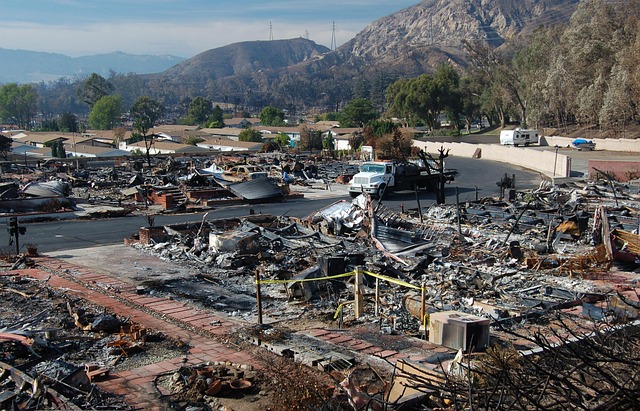
Prompt attention to water damage is crucial for Fort Collins homeowners. A Water Damage Inspection F…….

Water Damage Inspections Fort Collins CO are vital for efficient restoration and insurance claims. C…….

Water Damage Inspection Fort Collins CO: Reliable Water Restoration offers swift, expert services us…….

Water damage in Fort Collins homes is a serious concern due to unpredictable weather patterns. Regul…….
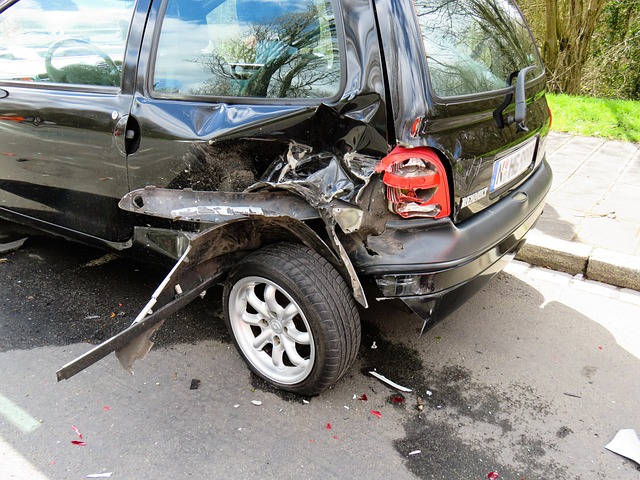
A Water Damage Inspection in Fort Collins, CO, by professionals like Reliable Water Restoration iden…….
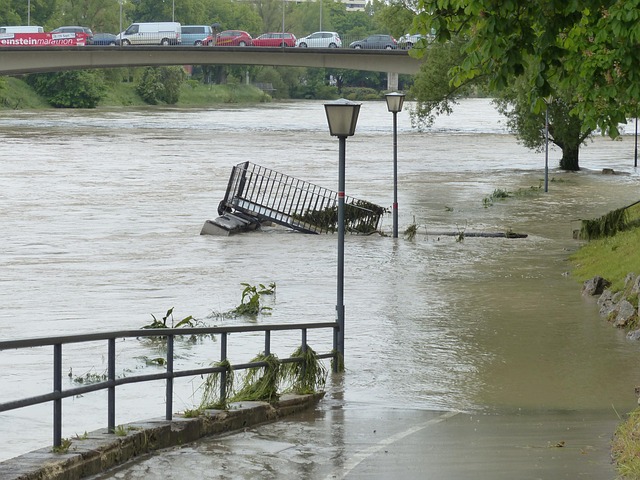
Water Damage Inspection Fort Collins CO: Reliable Water Restoration offers swift emergency response…….
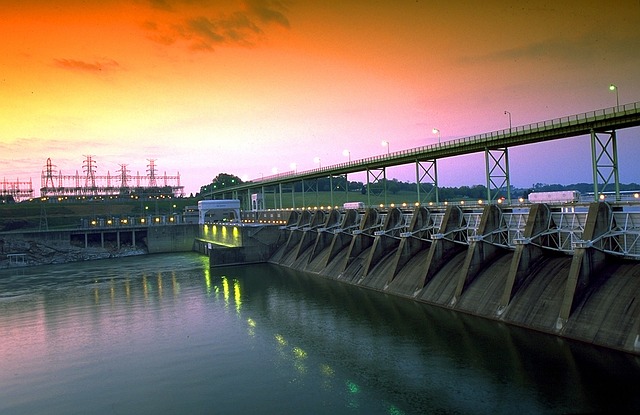
Understanding water damage requires a specialized inspection process. Reliable Water Restoration in…….

A comprehensive Water Damage Inspection Fort Collins CO by Reliable Water Restoration ensures effect…….
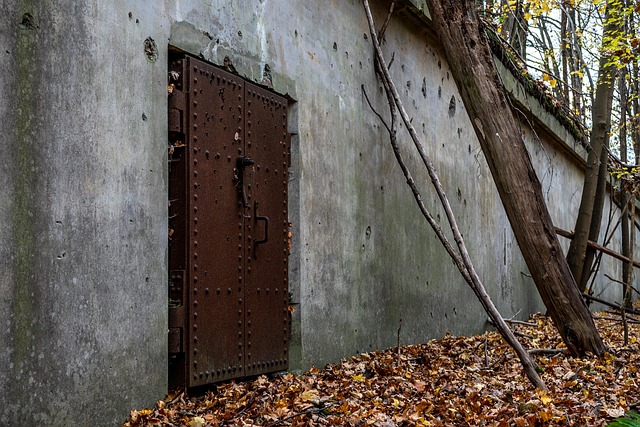
Water Damage Inspection Fort Collins CO is crucial for swift and accurate mitigation. Reliable Water…….